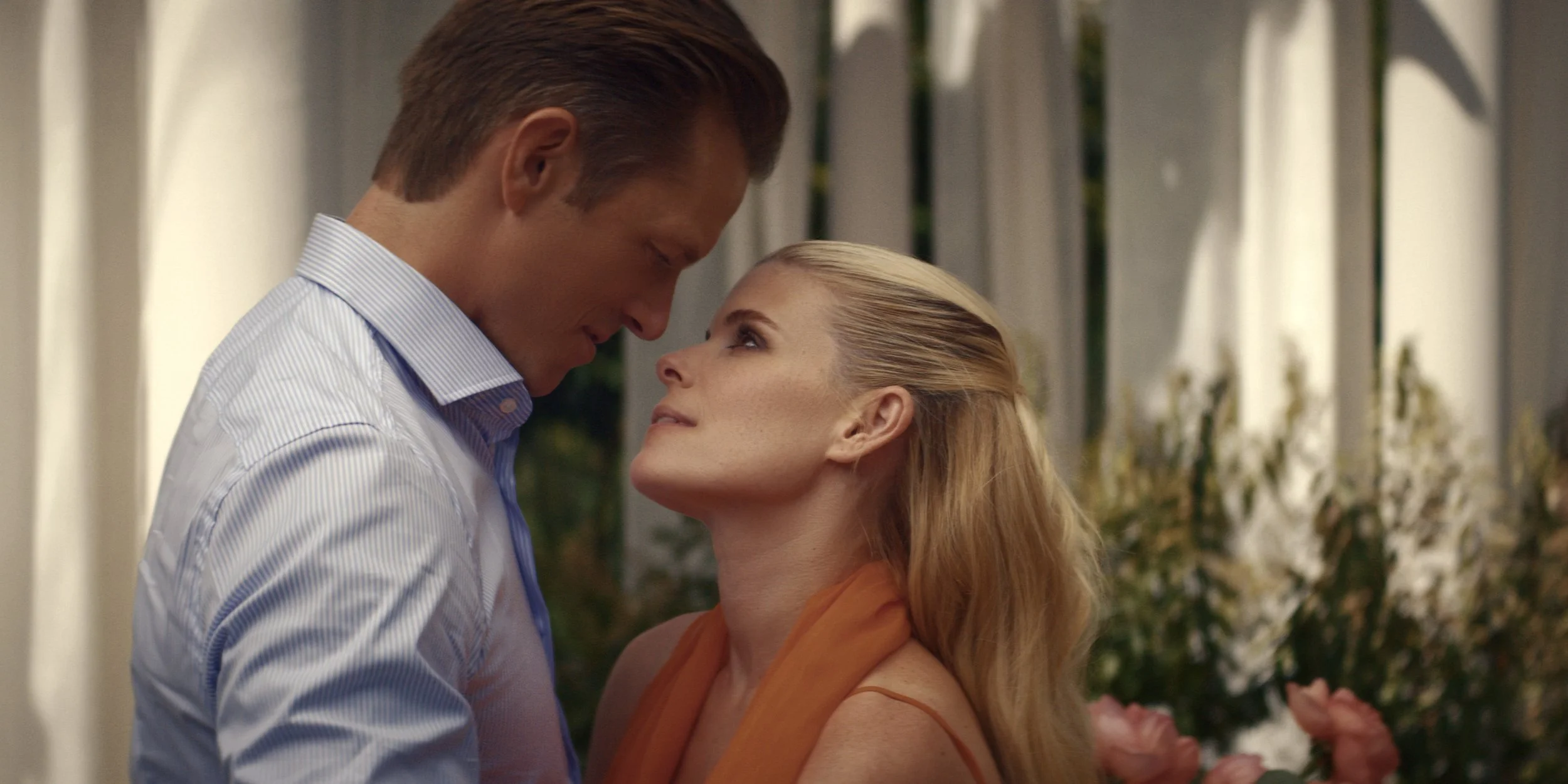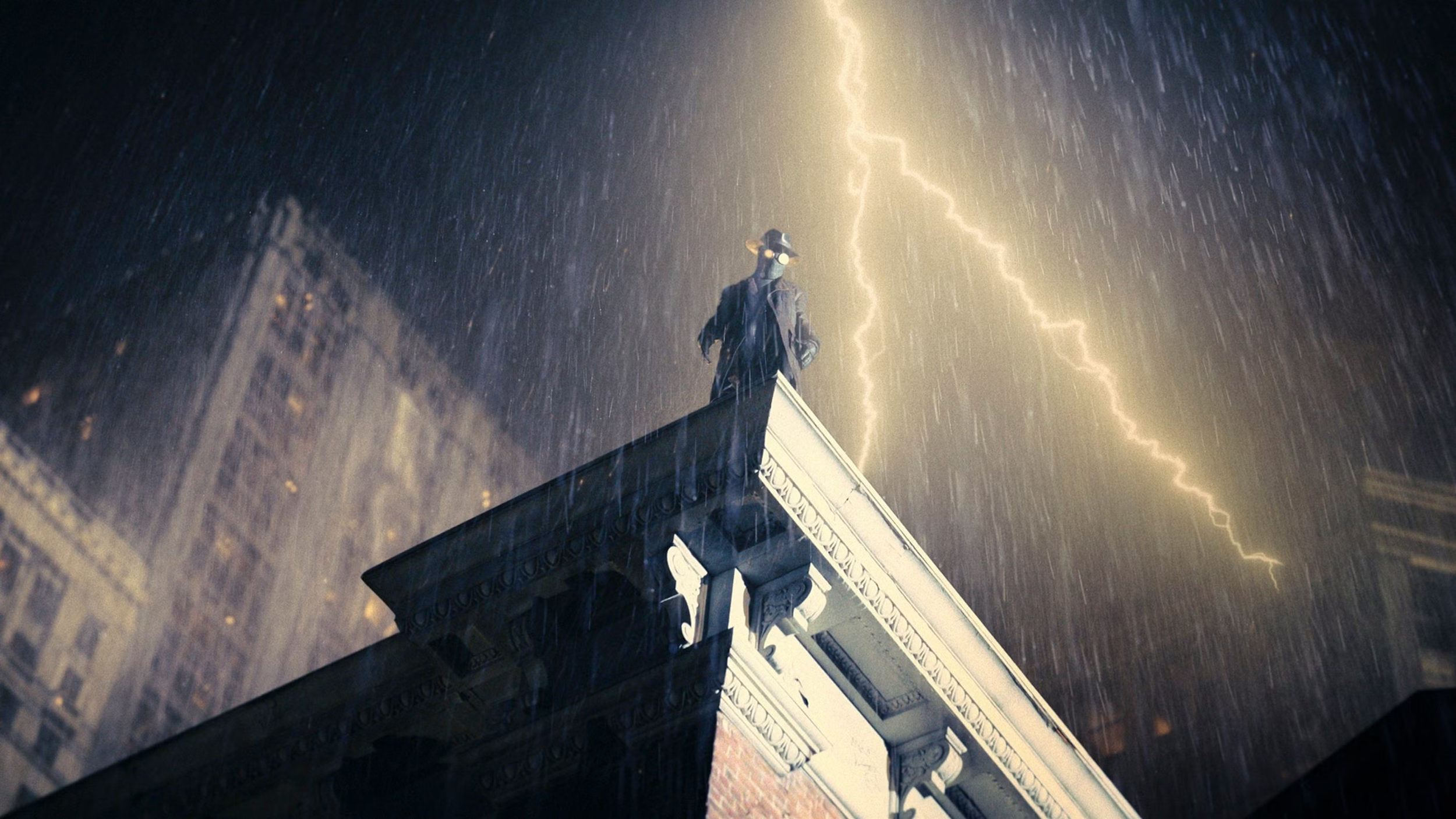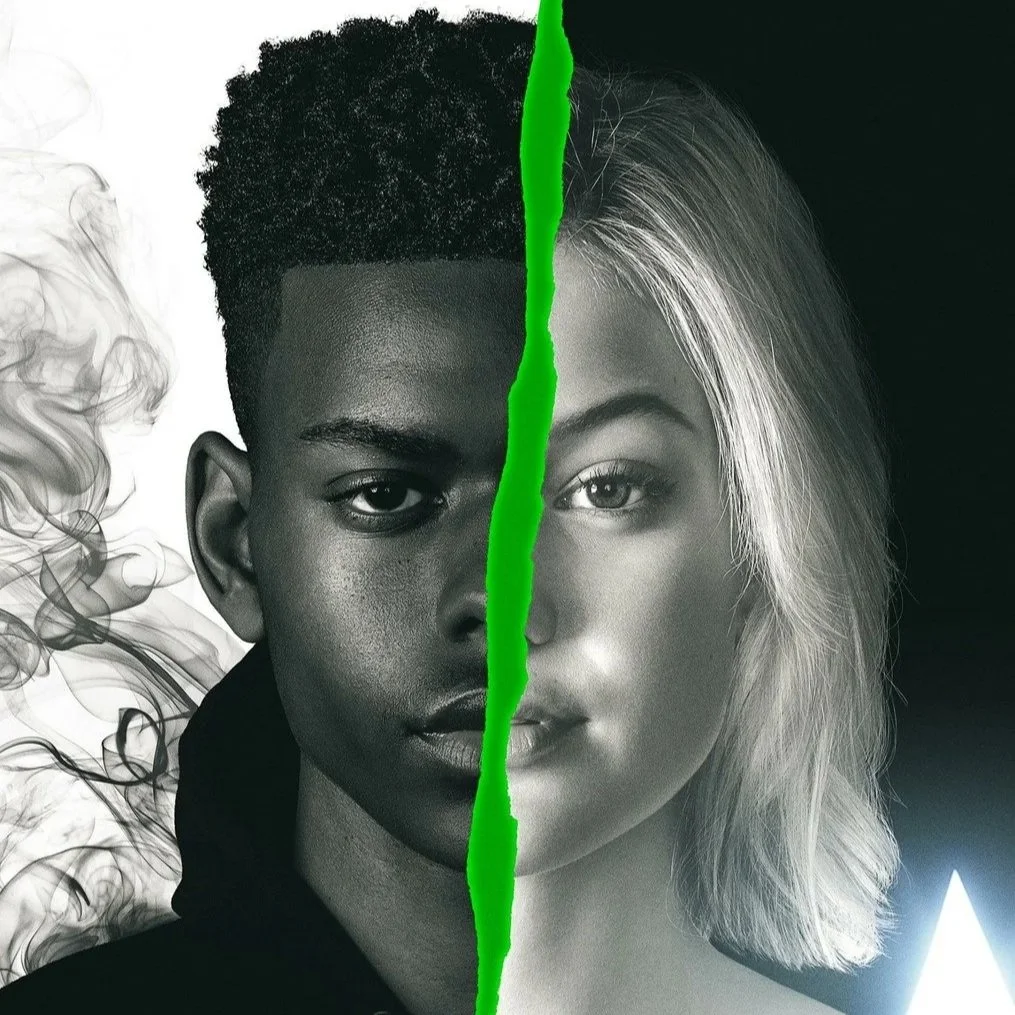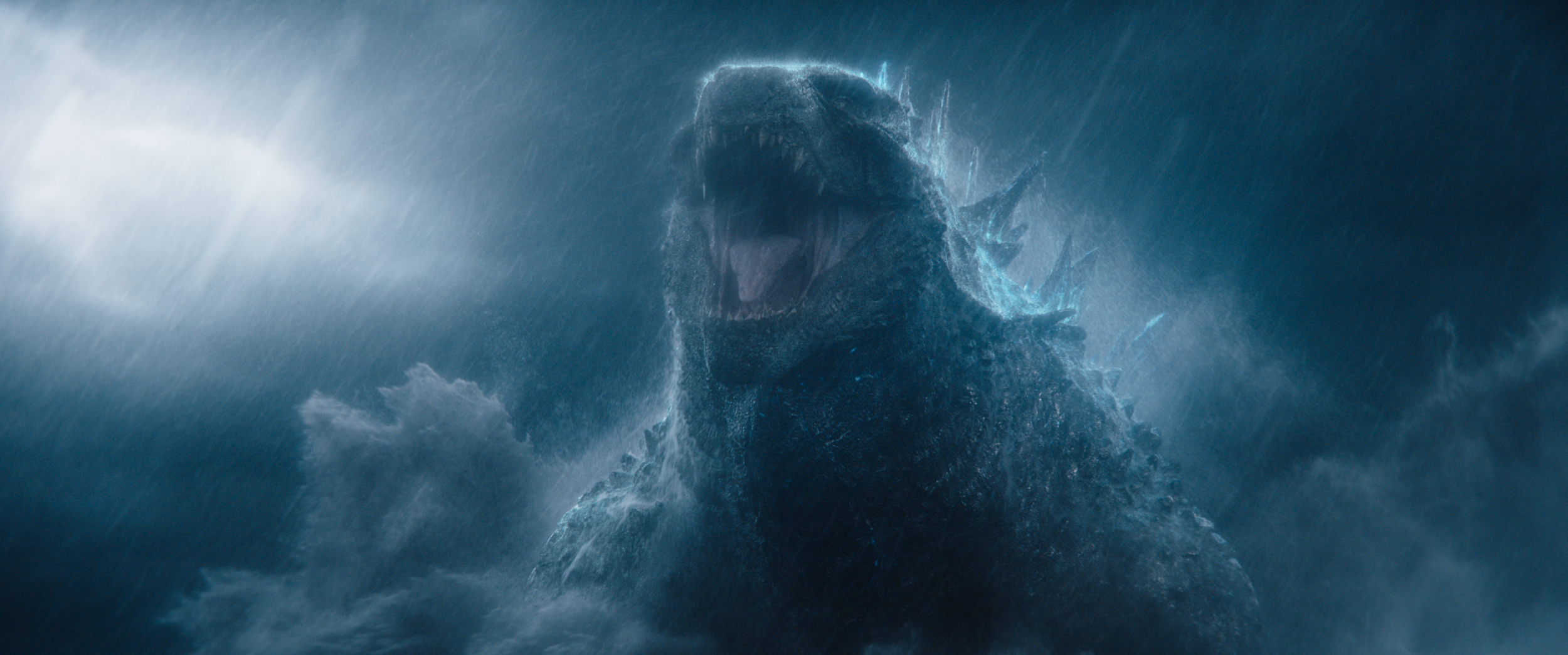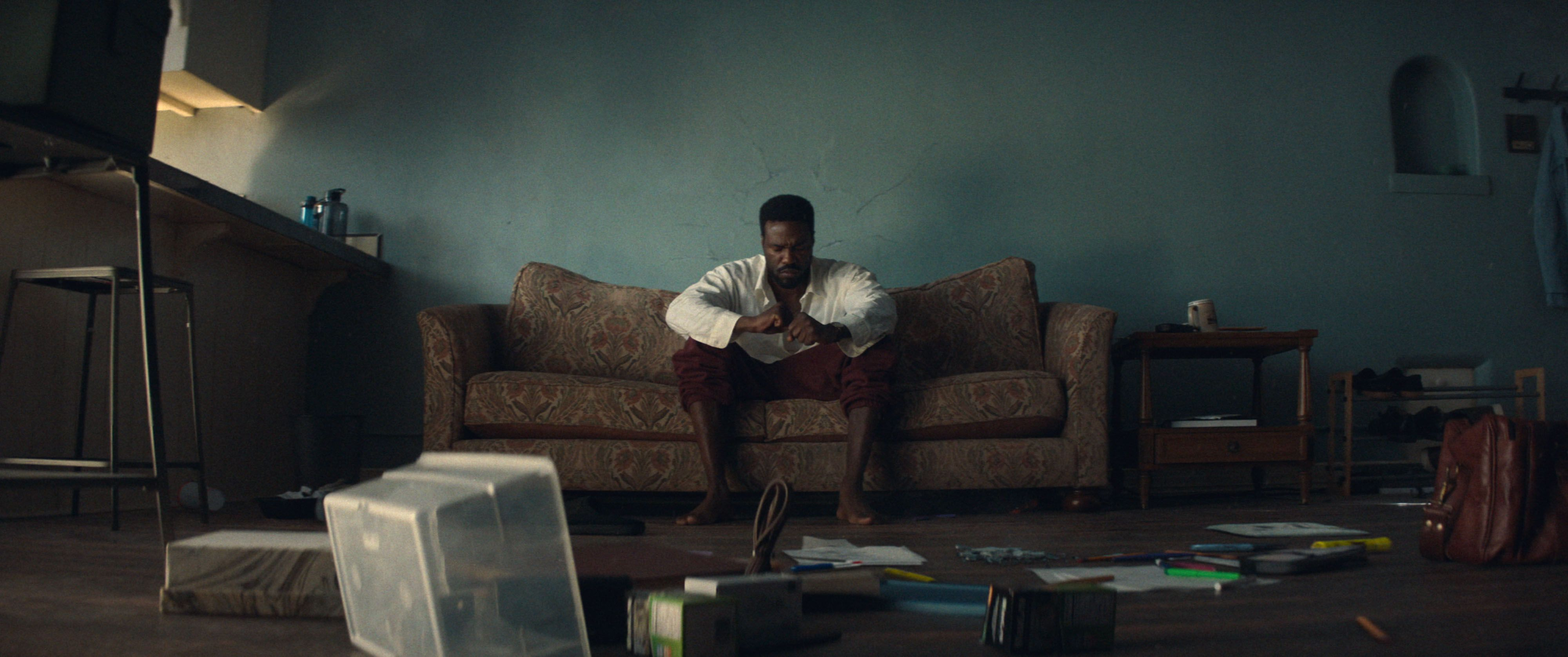Foundation Season 2 Review
Foundation on Apple TV+ has consistently surpassed expectations, evolving into a masterclass of contemporary science fiction. Season 2, in particular, showcases a meticulously crafted narrative, where intricate world-building and compelling character development converge to create the genre's current pinnacle on both television and streaming platforms. While we wait for the arrival of Season 3, we’re breaking down why it’s already proven to be a must-watch event.
Phenomenal Cast Work: A Blend of Nuance and Intensity
The ensemble cast of Foundation consistently delivers performances that elevate the show beyond the realm of mere spectacle. Lee Pace's portrayal of Brother Day is a blueprint in multi-faceted villainy, embodying the arrogance and vulnerability of the Genetic Dynasty with a captivating intensity. Regardless of the clone he’s portraying, the actor impressively imbues the character with a sense of tragic grandeur, making him a complex and compelling antagonist.
Laura Birn's Demerzel continues to be an enigma, where her quiet power and subtle emotional shifts create a character of profound depth. Birn's ability to capture her character’s extensive (and shrouded) past with minimal expression is uncanny, becoming a haunting presence that lingers throughout the entire season. Lou Llobell's Gaal Dornick also remains a necessary figure this time around, navigating her precognitive abilities and the weight of her prophetic visions with softspoken strength and practical apprehension.
However, each actor—from Jared Harris's Hari Seldon, whose presence is both ominous and impactful, to the newcomers who seamlessly integrate into the ensemble—works together to forge this harmonious production. The palpable chemistry between the ensemble cast members further enriches the show's intricate relationships, adding a limitless degree of emotional depth to the complex political and philosophical themes.
An Engaging Universe That Deserves to be Explored
With each passing episode, of Season 2, Foundation excels in its gripping capacity for world-building, creating a universe that feels both vast and intimately detailed. The series effortlessly jumps from planet to planet, faction to faction, transporting viewers into a rich combination of cultures, politics, and technological marvels. This diverse stylistic approach lends a layer of realism that many science fiction series struggle to achieve, grounding the fantastical elements in a tangible sense of history and culture.
In Foundation, the lore is meticulously crafted, drawing inspiration from Isaac Asimov's source material while expanding upon it in original, and meaningful ways. Each planet, each society, feels lived-in, with its own unique history, customs, and political complexities to unpack. Because of this, the series compels its audience to delve deeper and explore this carefully constructed universe, rewarding their curiosity with a wealth of detail and a sense of discovery. It's also an integral example of the show's ability to create a world that is not only visually stunning but also intellectually stimulating, leaving viewers with a desire for more.
Time Jumps, Shocking Reveals, and Evolving Stakes
While Season 1's unexpected time jump was a bold move, Season 2 marvelously builds upon it, adding layers of complexity and intrigue that deepen the narrative's impact. The plot leaps forward in time, revealing the consequences of past actions and introducing new conflicts that challenge the characters and the foundations of their world. This daring approach makes the overarching story feel unpredictable (while still relevant to the plot), allowing for a more thoughtful exploration of the themes at play.
Furthermore, the season's conclusion delivers a stunning reveal, shattering expectations and setting the stage for even more exciting developments when it returns for Season 3. This ending not only renews the show's sense of purpose but also opens up new avenues for exploration, promising to delve deeper into the lives of beloved characters like The Empire, Gaal, and the always-fascinating Demerzel. The show's ability to constantly reinvent itself is definitive proof of its creative team's vision and ambition, ensuring that the narrative remains engaging throughout its entire run.
An Improvement on the First Season in Every Way
While Season 1 laid a strong foundation, Season 2 surpasses it in every conceivable way, demonstrating a remarkable evolution in storytelling and execution. The pacing is tighter, the character arcs are more compelling, and the stakes are higher, creating a sense of urgency and emotional investment. The season feels like an organic culmination of everything the show has been building towards, delivering a satisfying payoff for viewers who have invested in its intricate narrative.
Still, as things reach a tense finale where the season's arc feels (mostly) wrapped up—it manages to leave a lingering sense of anticipation, hinting at the even greater heights to which the show will ascend in Season 3. The creative team has demonstrated a remarkable ability to learn and grow, refining its approach and delivering a product that exceeds expectations, proving that Foundation is not just a show, but a living, breathing universe that continues to evolve and expand.
Score: 9/10
Relentlessly innovative and visually immersive, Foundation Season 2 is a triumph of modern science fiction, setting a new benchmark for excellence.






